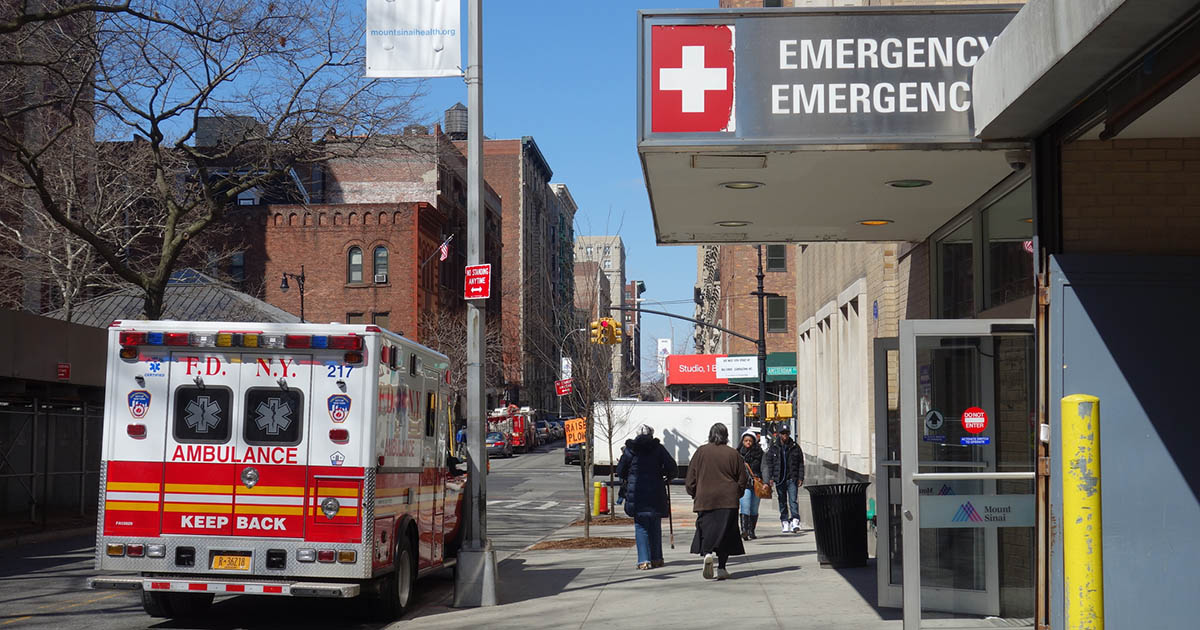Best Ways To Prevent And Treat Cardiogenic Shock
Cardiogenic shock is a condition that occurs when an individual's heart stops pumping a sufficient amount of oxygen-rich blood to the rest of the body. It is a life-threatening condition and requires immediate treatment. Cardiogenic shock can be caused by a severe heart attack, heart muscle inflammation, infection of the inner lining and valves of the heart, an abnormal heartbeat rhythm, too much blood or fluid surrounding the heart, and a blocked artery in the lung. Cardiogenic shock occurs very quickly, and it is discovered as it happens. Symptoms include fainting, extremely low blood pressure, cold feet and hands, difficulty breathing, chest pain, pale skin, confusion, fast breathing rate, and a weak pulse. This condition is diagnosed by tests such as an EKG, echocardiogram, chest x-ray, cardiac catheterization, and blood tests.
Several steps can be taken to prevent this type of shock, and there are a few ways to treat it.
Emergency Life Support

Emergency life support is usually the first method used to treat a patient in cardiogenic shock. The objectives of emergency treatment are to improve blood flow and oxygen to all of the organs in the body before further damage can occur. This keeps the patient alive and decreases the chance of permanent damage to the brain, kidneys, lungs, and other vital organs. This may start as manual CPR until paramedics arrive. Once medical professionals are able to take over, emergency support most often includes extra oxygen supply to the patient so the blood has a higher concentration of oxygen to deliver to the deprived tissues around the body. Extra oxygen can be given through a face mask, a tube in the nose, or through a ventilator. In addition, medications meant to improve heart function or inotropic agents like norepinephrine or dopamine may be administered on an emergency basis with an injection. Thrombolytics or medications that help dissolve a blood clot inhibiting proper blood flow to the heart may also be given if the emergency cardiac catheterization is not an option.
Uncover more treatments and prevention tips for cardiogenic shock now.